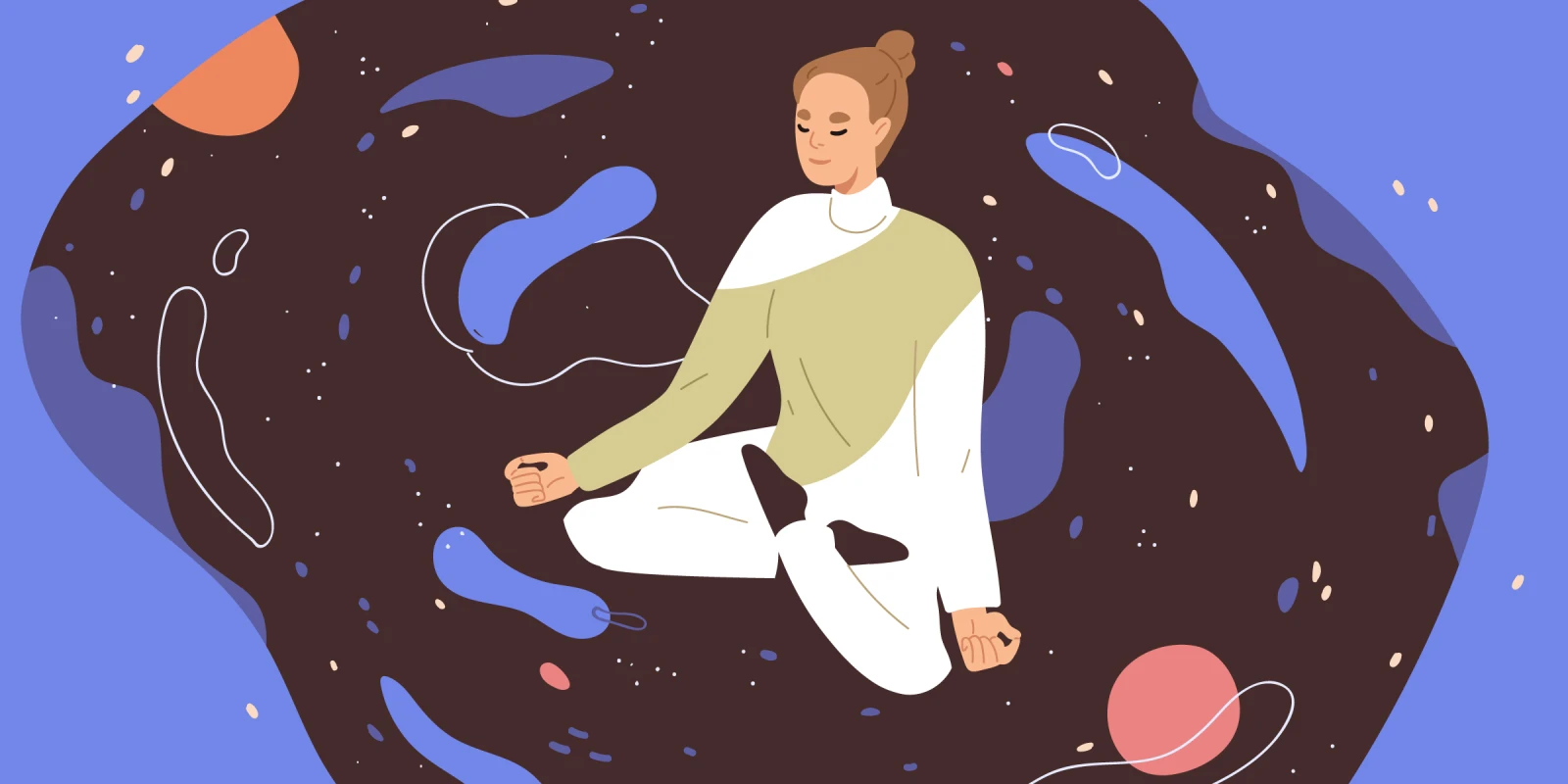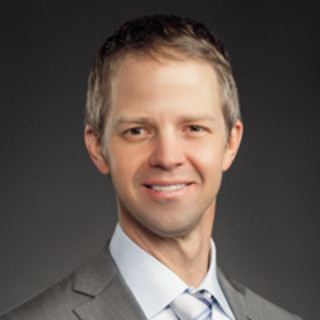Me: "I have good news and bad news."
Patient: "OK."
Me: "The good news is that this is a simple MCL sprain and it will not need surgery. The bad news is it will take four to six weeks to heal on its own."
"So I can still go snowboarding, right?"
"No. It will stretch the ligament while it is healing and make the process take longer."
"What if I just go really slow?"
"Umm, it’s kind of the same issue. Snowboarding stresses the ligament."
"What about skiing instead?"
"Not really. Same issue."
"What about —"
"I think you are missing the point."
As a sports medicine surgeon, this is a conversation I have often. It’s heightened by the fact that winter sports are inherently seasonal and based largely on conditions. When there is snow, everyone wants to go. So when the news is to slow down, the resulting disappointment is not surprising.
Taking a step back, however, reveals a paradox. We tell patients they can restore their health, literally by doing nothing, and people are disappointed. One of the most common responses is: I went to the doctor and he/she didn’t do anything for me.
This is juxtaposed against thousands of years of medical care where rest was one of the few things that could be prescribed. Reflecting on the dictum that “the doctor entertains the patient while nature takes its course,” I sometimes wonder how we chafe and guffaw about medicine of the prior centuries. Presumably, sometimes it worked.
Even now, supplements, orthobiologics, stem cell treatments, even certain surgeries and a host of other unproven treatments may only be placebo effects that convince patients they are getting better while nature is simply taking its course. Sometimes less is more.
The other common response is: What do I need to do? What kind of stretches can I do? Are there any supplements I can take to speed healing?
In this time, when life is, on average, longer than it has ever been, we are more impatient than ever. Our sense of urgency is encouraged by a world of media that moves at lightning pace and keeps us constantly in fear of missing something or not doing enough. Since the scrolling of social media never ends, the feeling persists and the result is an anxiety as deep and broad as any other pandemic of our modern era.
And doctors, we are no role models. The entire system of medical education keeps the carrot ever in front of us. The SAT becomes the MCAT, becomes the Boards, becomes the residency program, becomes the job. In the process, we have been brought up in a system that sees us as immune to human constraints of sleep, of working hours, and we are now paying the price in burnout and dissatisfaction. The problem with the grind is that it tends to tear up the gears.
We balm our own dissatisfaction with side hustles and find ways to work more and harder. Now we are looking to leave medicine in alarming numbers. It’s easy to blame the external forces. But at the root, the problem is that we find ourselves unable to say no and unable to stop.
A few years back, when I first hit this wall for myself, I found a lecture from a mentor of mine who had been diagnosed with lung cancer. It was hard to see, in part because he had always been seen as (and still is) the toughest and strongest in a demanding field. Despite his diagnosis, he was still working, teaching, and giving lectures. His words struck me and have stayed with me since: When tired, don’t quit — rest.
A few years later, I was giving a Grand Rounds lecture on my experience with burnout and exhaustion. I discussed how I took time away, how I started sleeping more, how I started commuting in silence, and how I took up meditation. Afterward, the moderator, a friend of mine, suggested these were all great techniques, but what do we do about the system that is creating these conditions for us? How do we keep from feeling like cogs in the machine?
We still hold a lot of power. A machine cannot run without its cogs. We have the power to say no. In fact, the relationship between rest and resistance is well established in our national history. Think of civil disobedience, Rosa Parks, and civil rights sit-ins.
Sometimes doing nothing is the hardest thing of all. Don’t quit. Rest.
So the question for the patient is the same posed to the doctor: Why do we find it so hard to rest? If our injuries, physical and moral, can heal if given time, why don’t we let them?
If you, too, have forgotten what rest looks like, here are a few ideas:
1) Taking breaks from social media at least once a week
2) Getting eight hours of sleep
3) Not answering the text or email right away
4) Trying a meditation practice
5) Staring out a window
6) Walking alone in nature
7) Playing with dogs and children, on the ground preferably
8) Daydreaming
I’ll confess. It can be a little boring, but it works.
One morning, in the wake of a snowstorm that moved through, knocking out the internet and power connections, I found myself overwhelmed by possibilities and temptations of what to do with a snow day. Writing this over a cup of coffee, I remembered a vacation I wanted to take with my wife and kids to a remote cabin for some quiet time. And I realized that I had that moment right then, the vacation I had dreamed of, and I didn’t have to go anywhere or do anything to get it.
What does rest look like for you? Share in the comments.
Brian Gilmer is an orthopaedic sports medicine surgeon in Mammoth Lakes, CA, and Reno, NV. When not commuting and listening to audiobooks, he often sits in silence and thinks about improving himself. He has achieved no degree of mastery in anything in particular, but he tries. Dr. Gilmer is a 2022–2023 Doximity Op-Med Fellow.
Image by GoodStudio / Shutterstock







